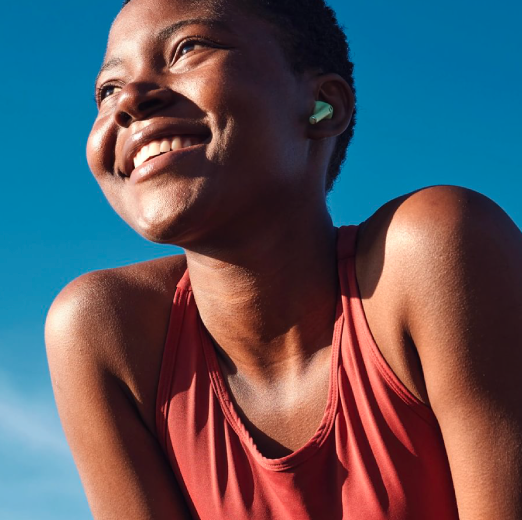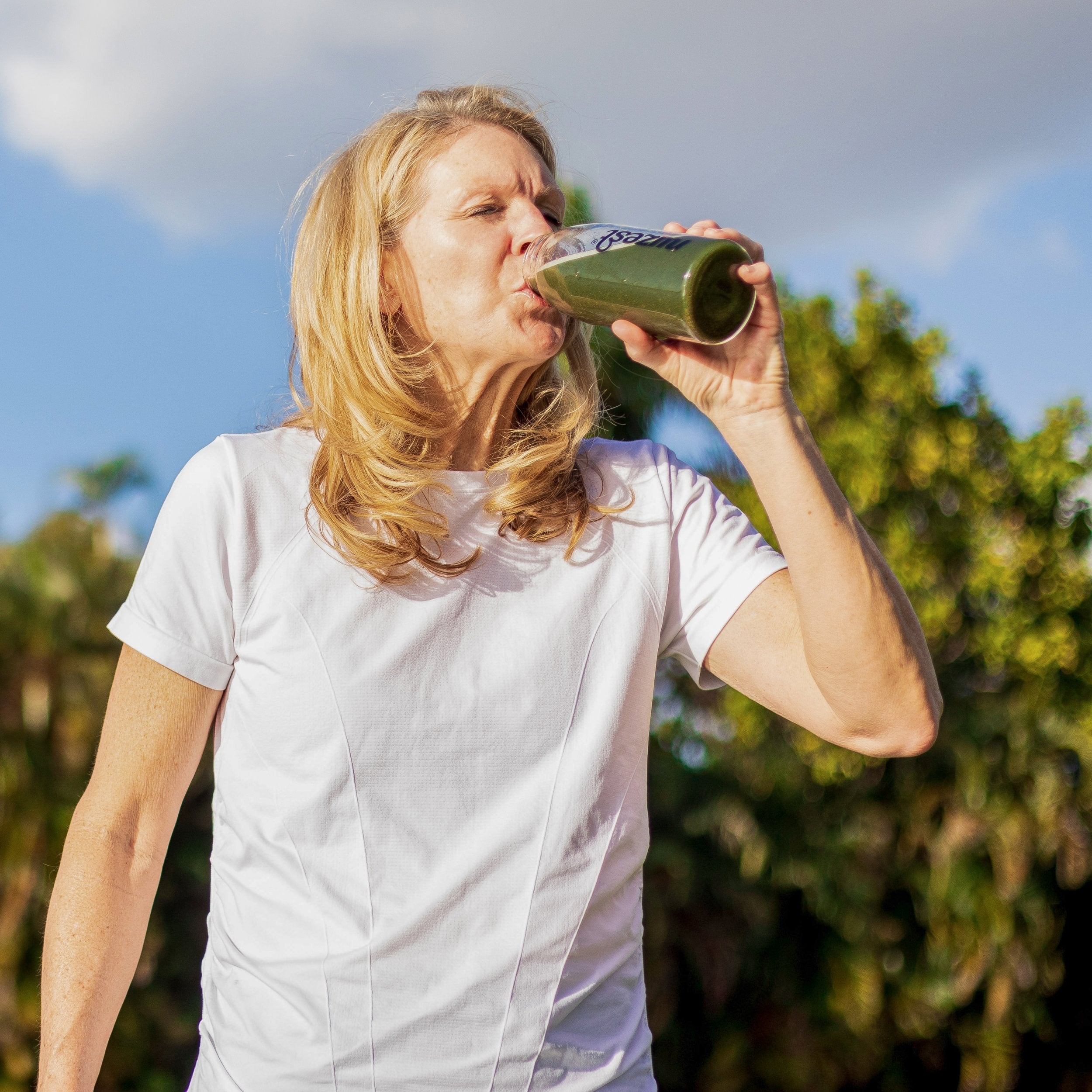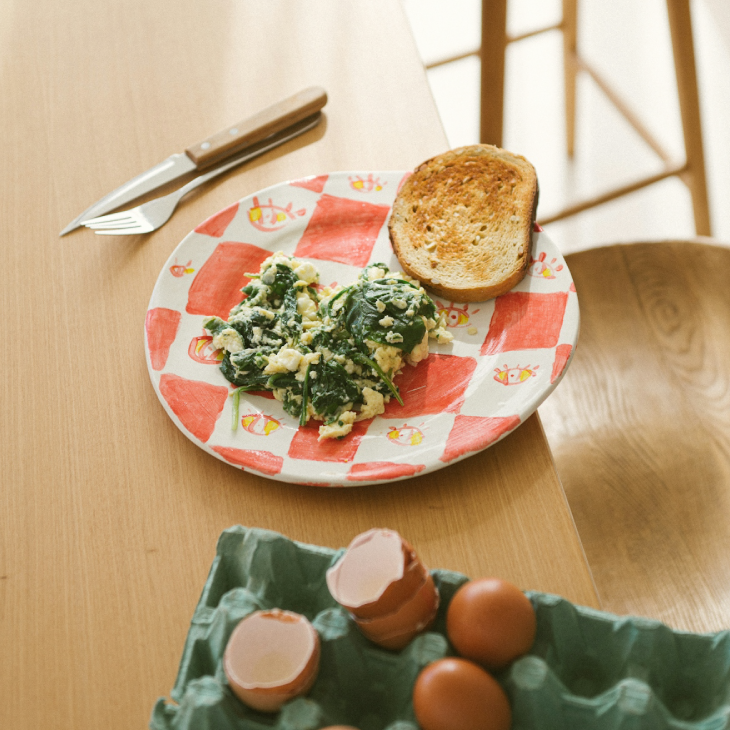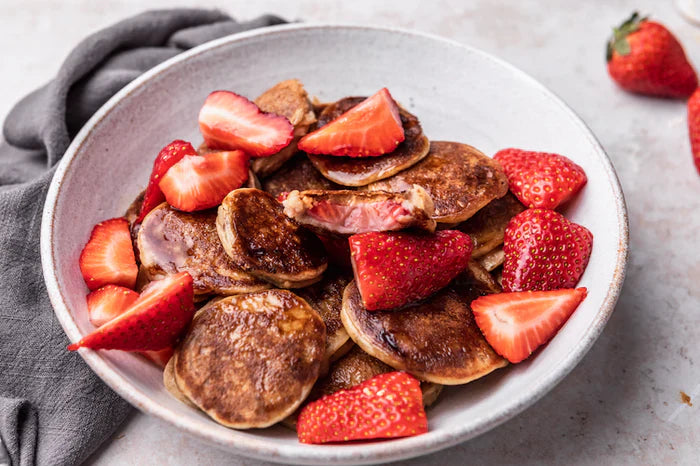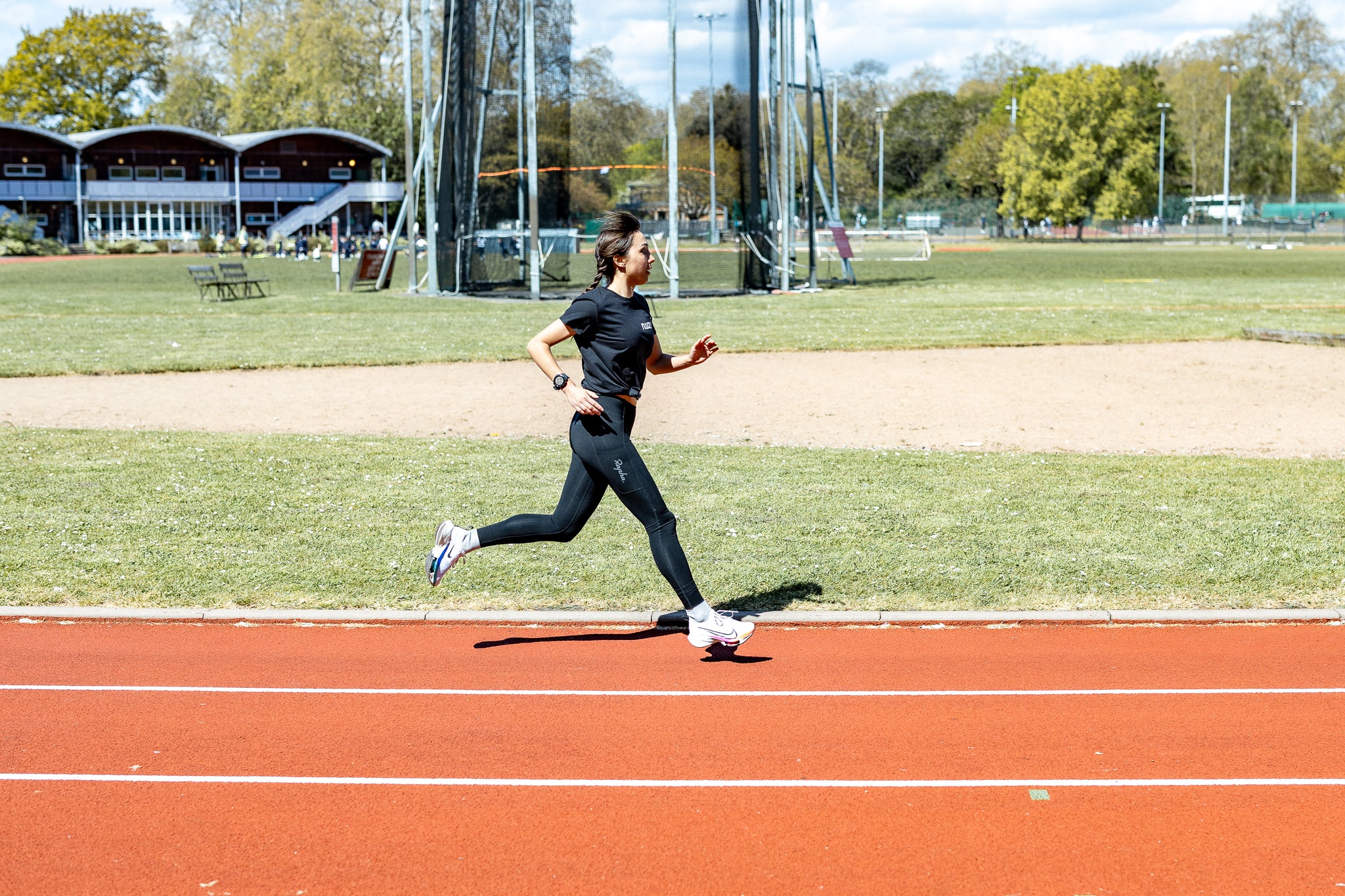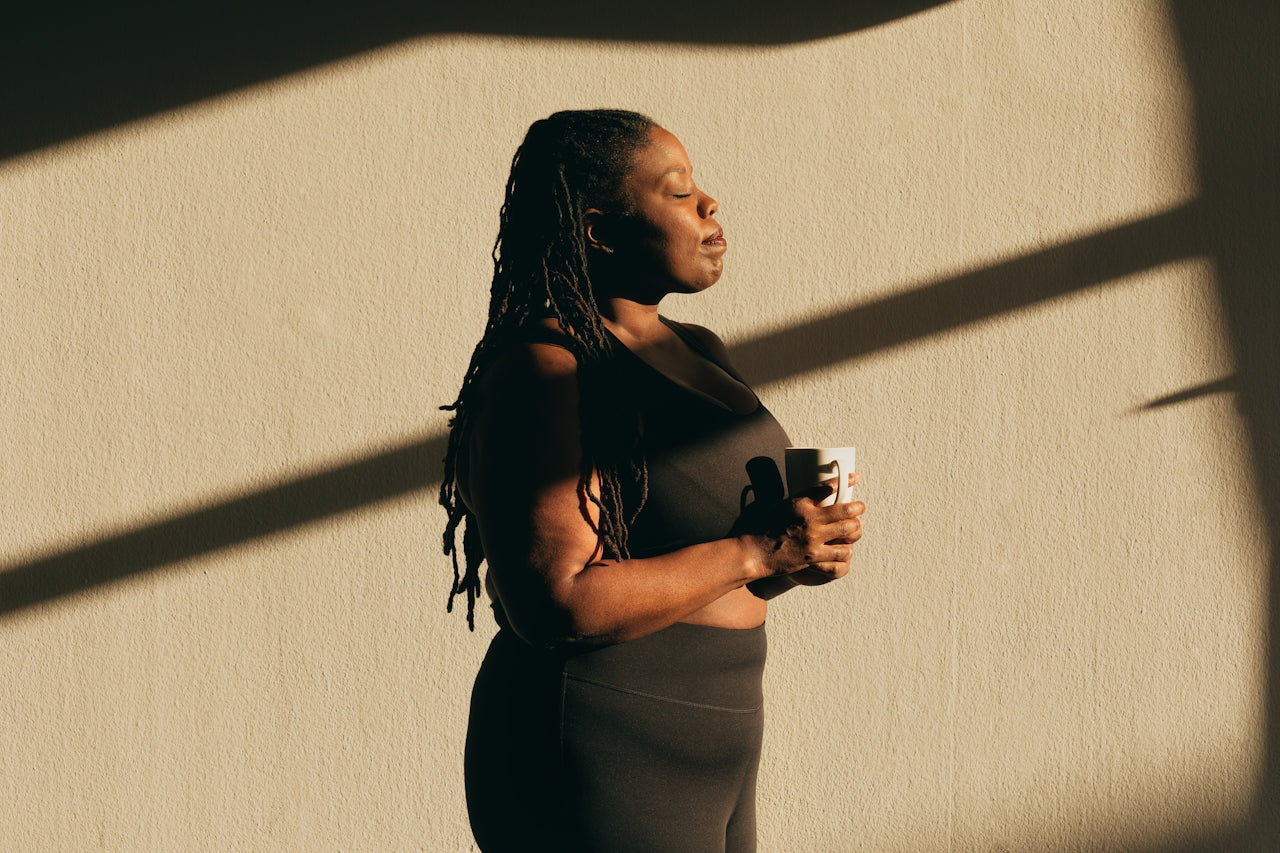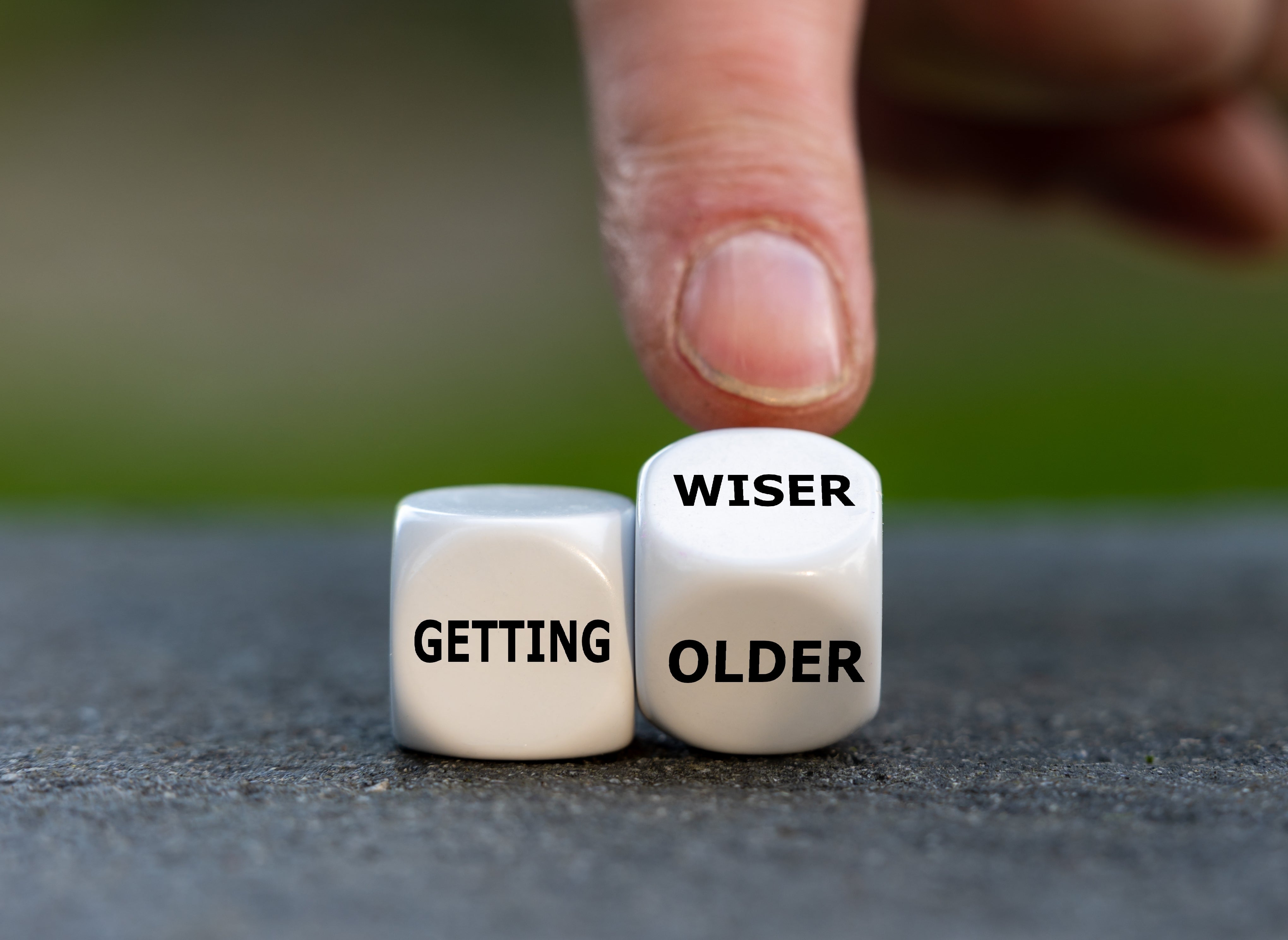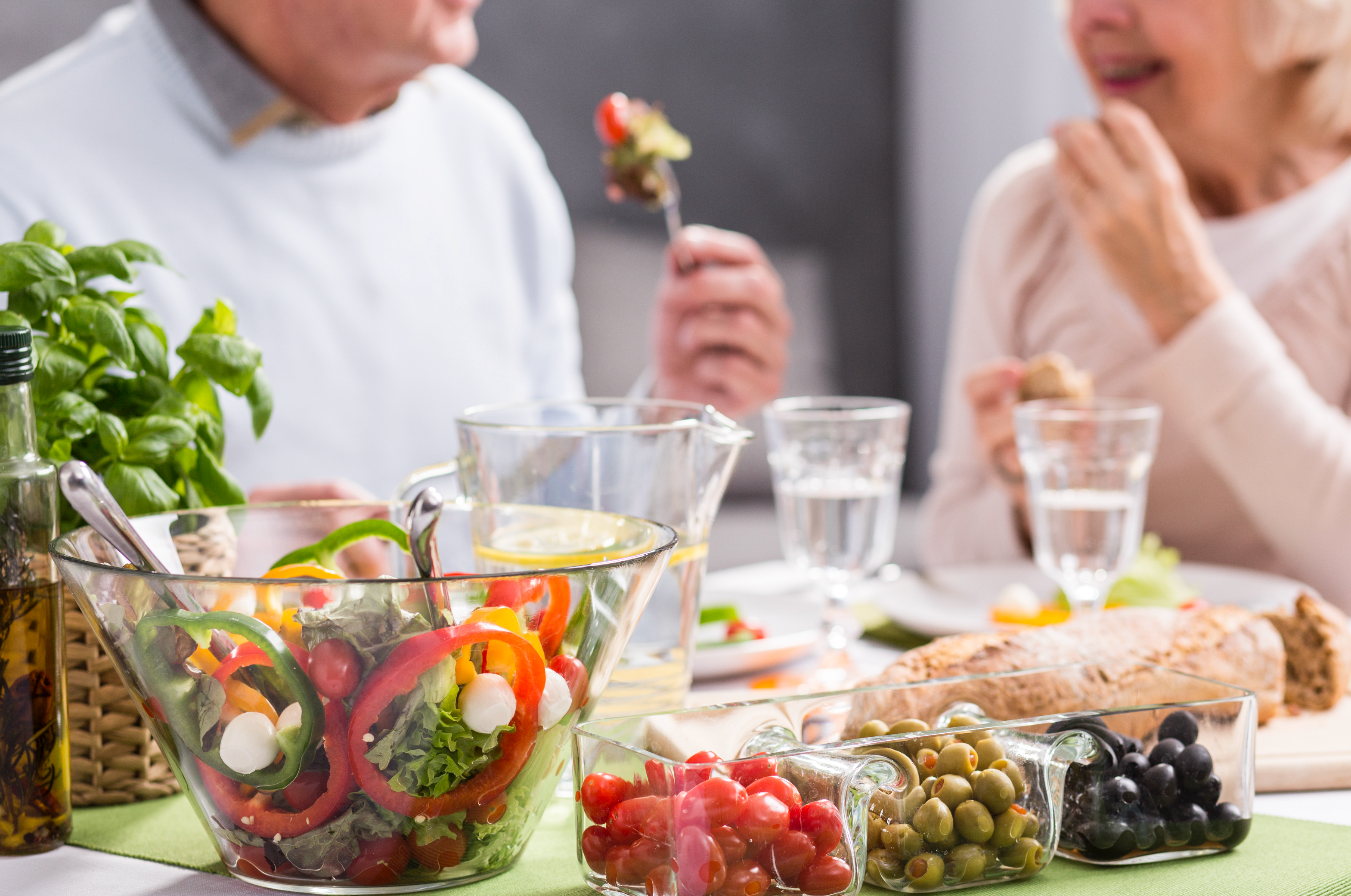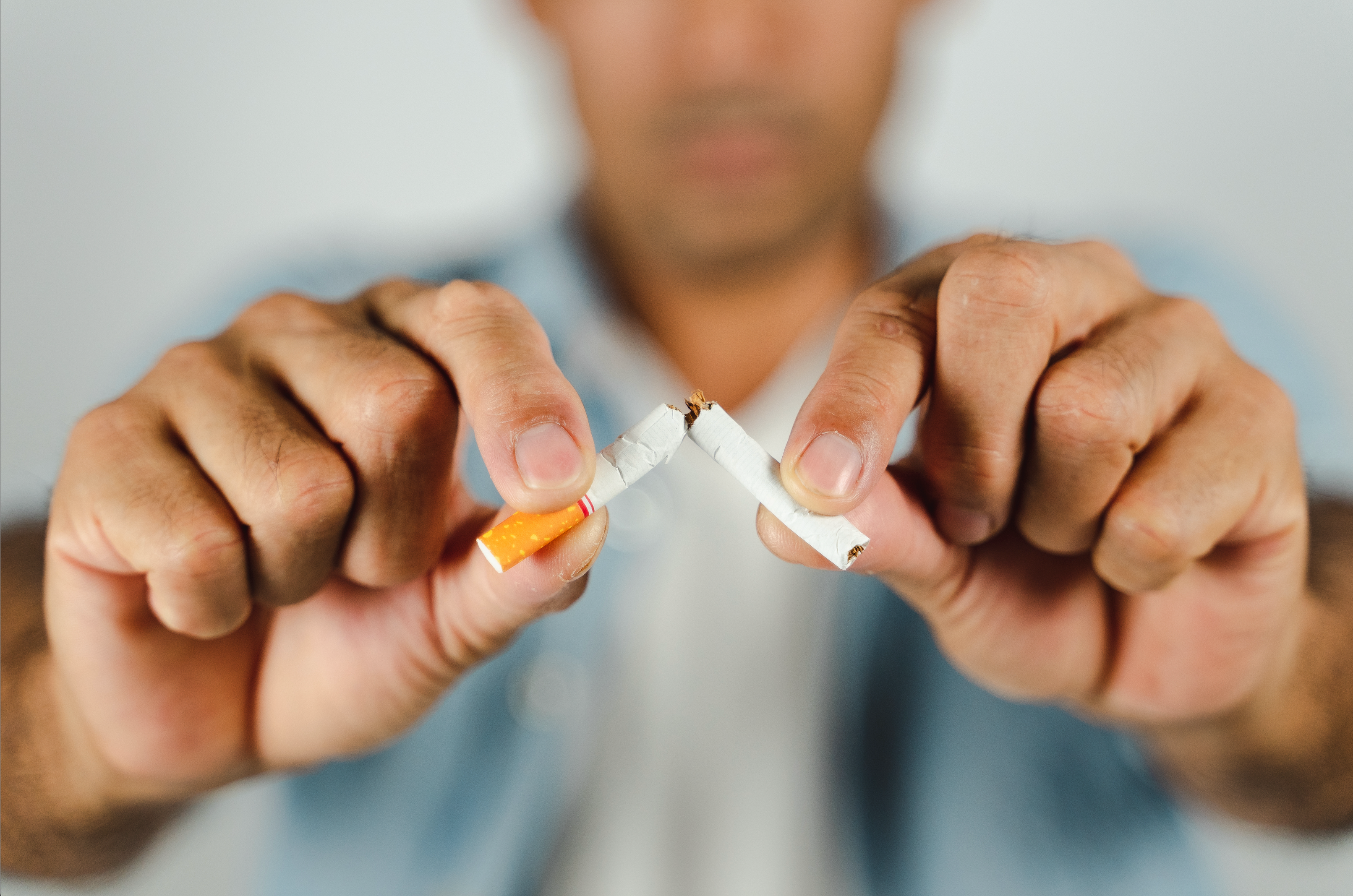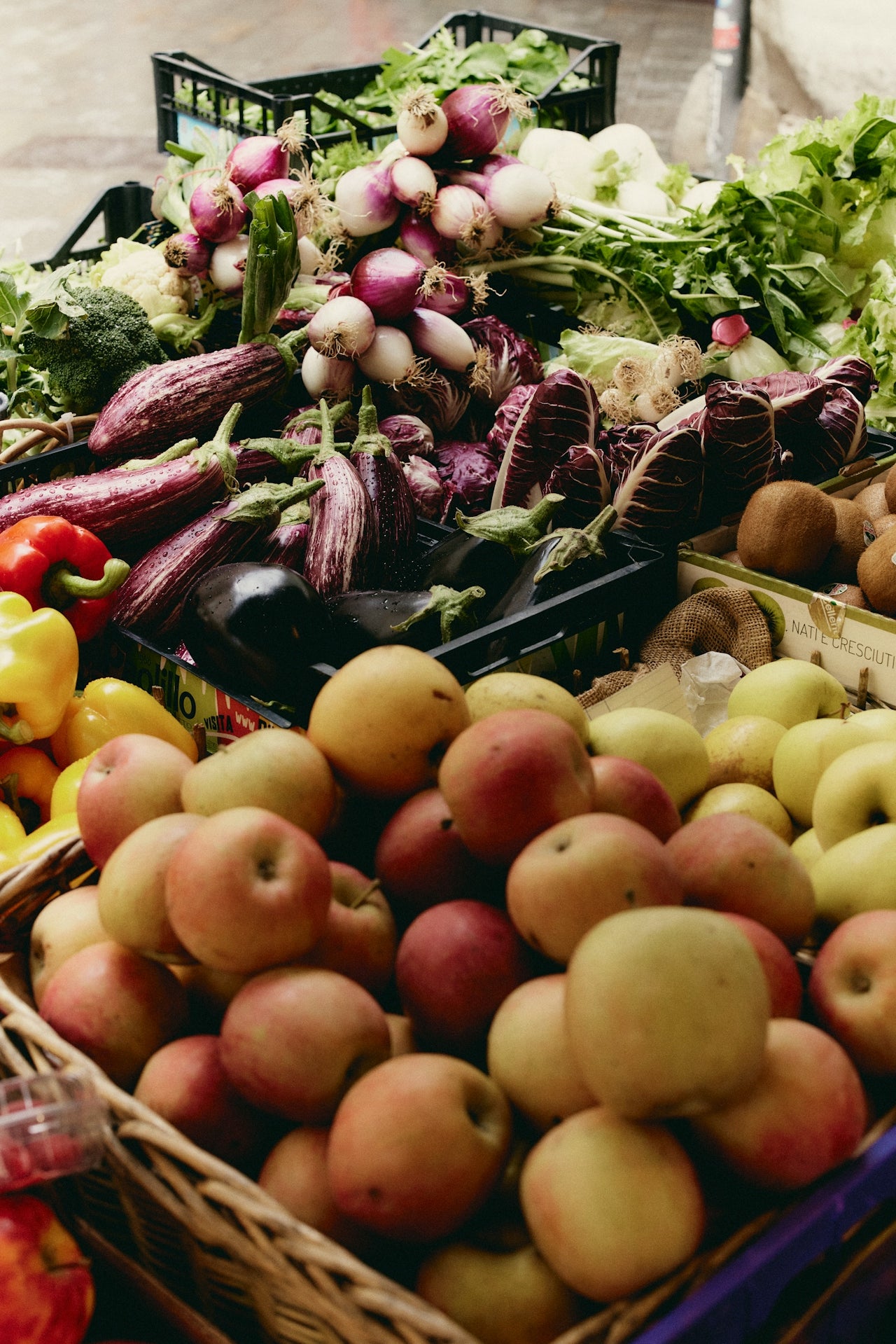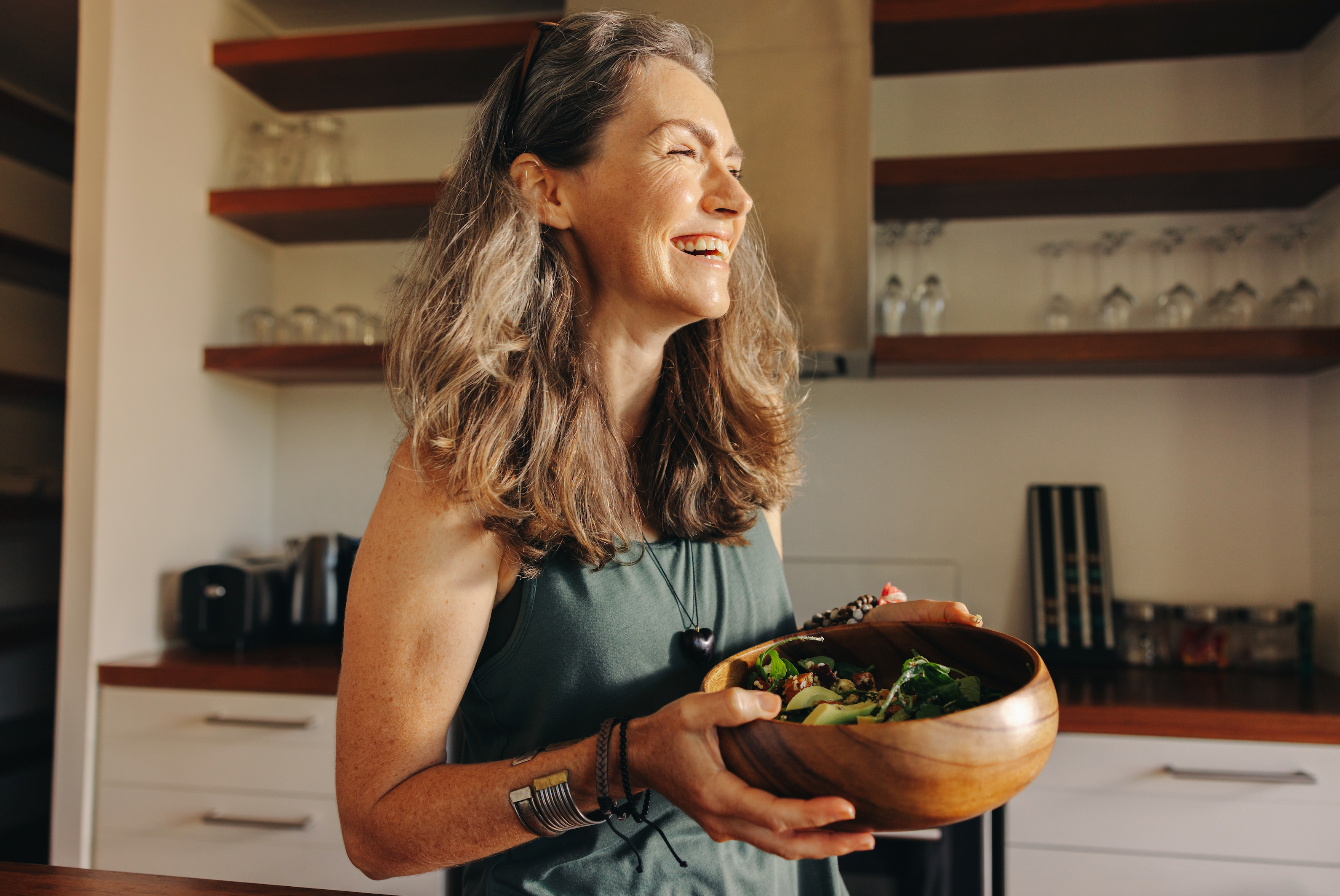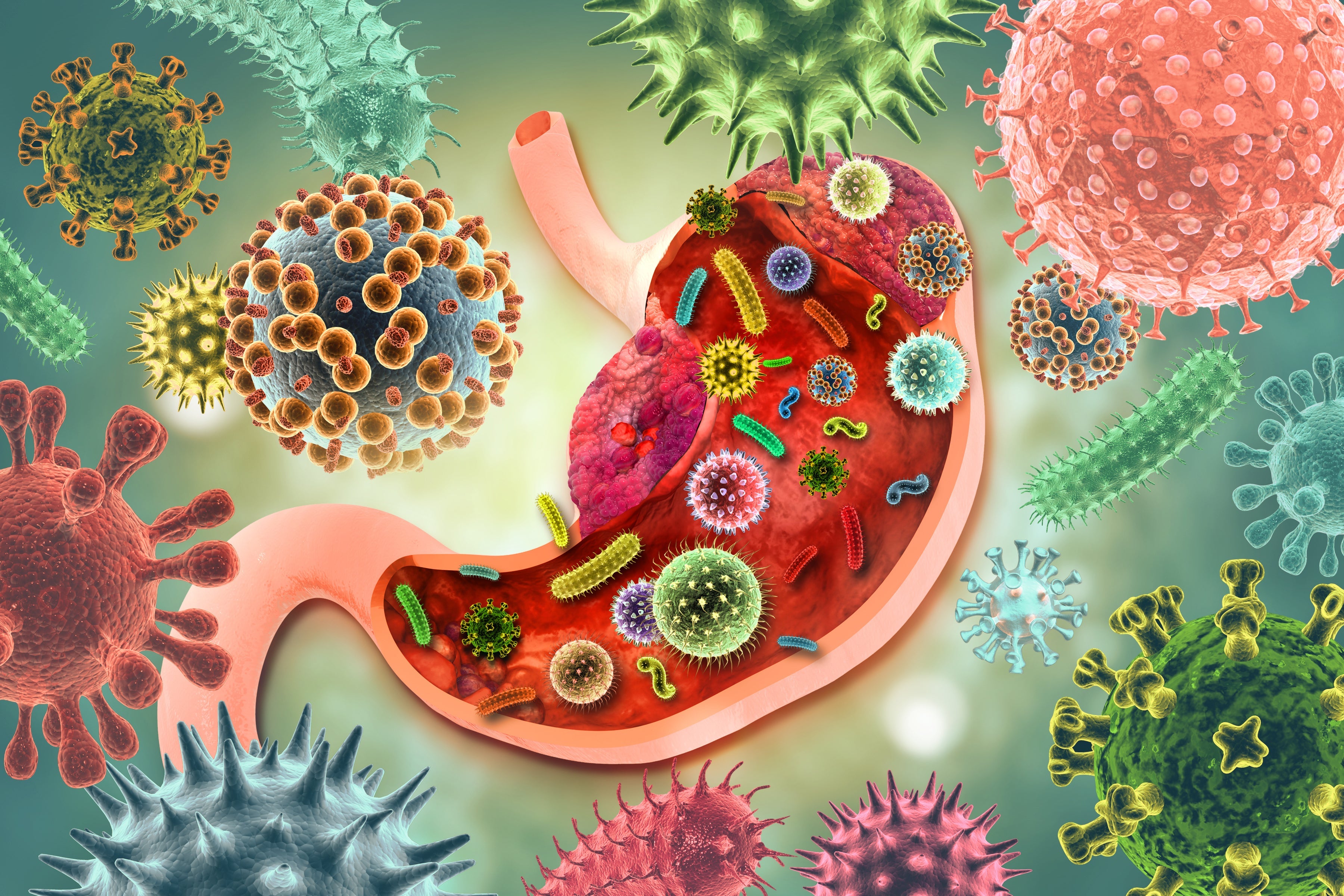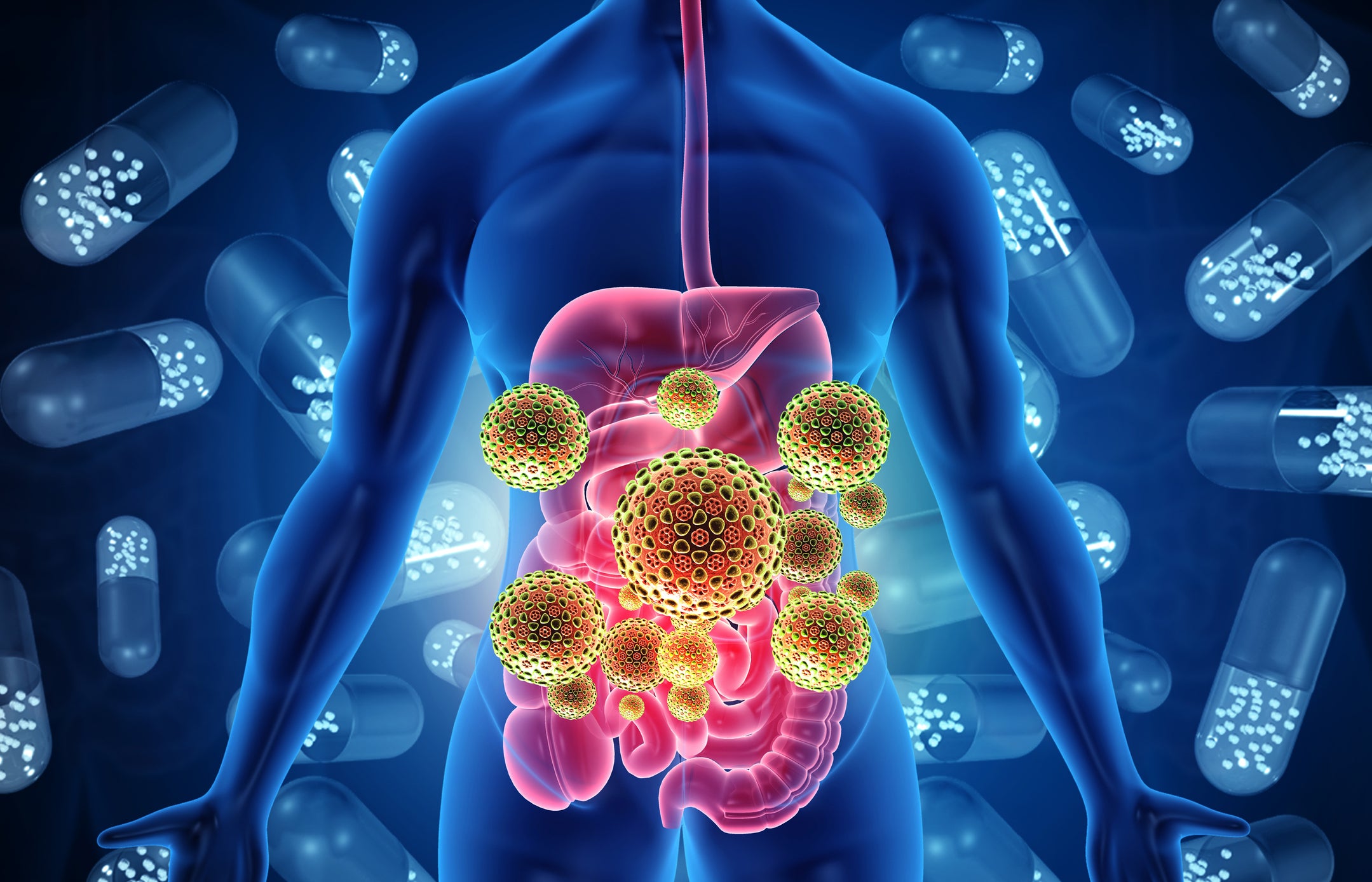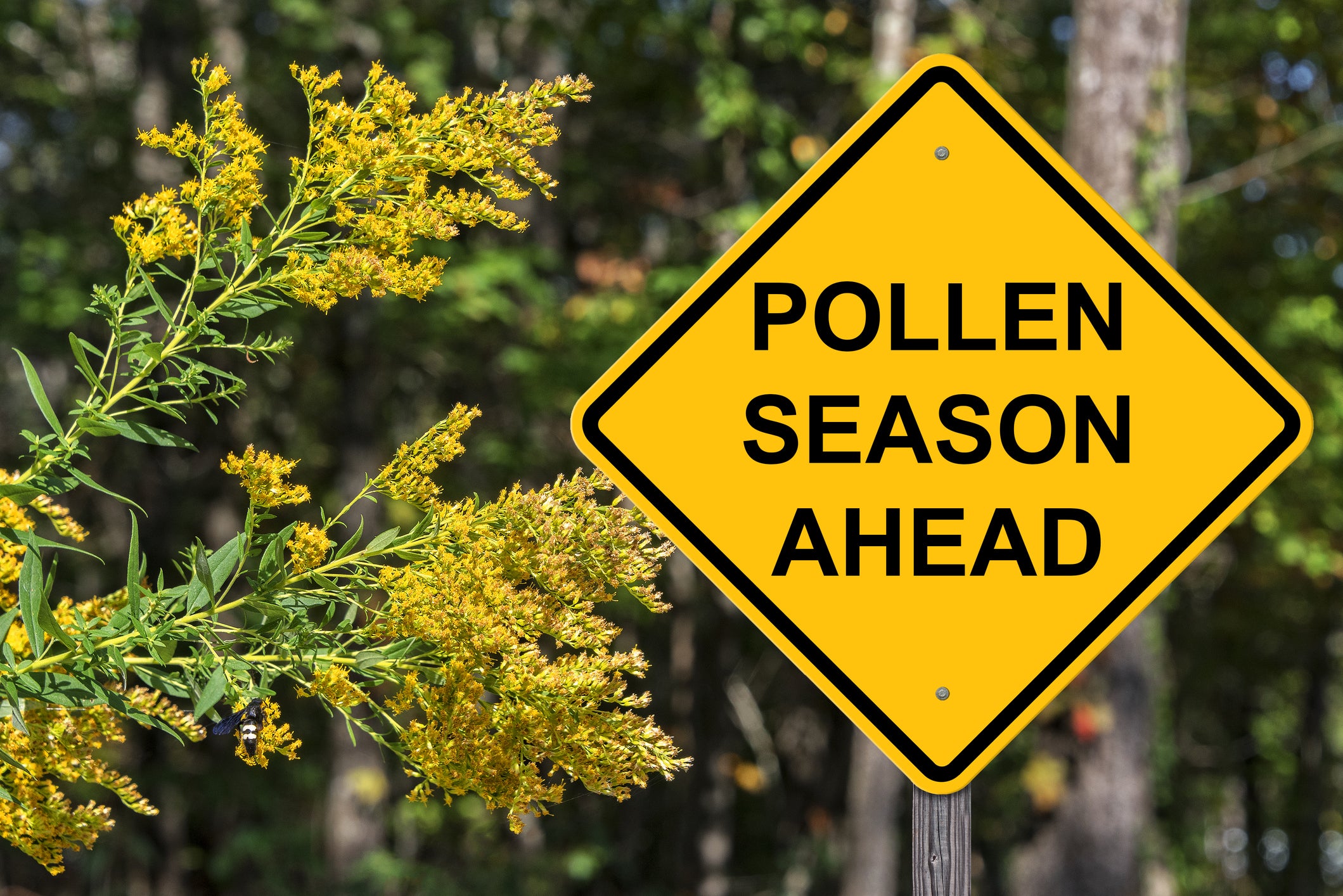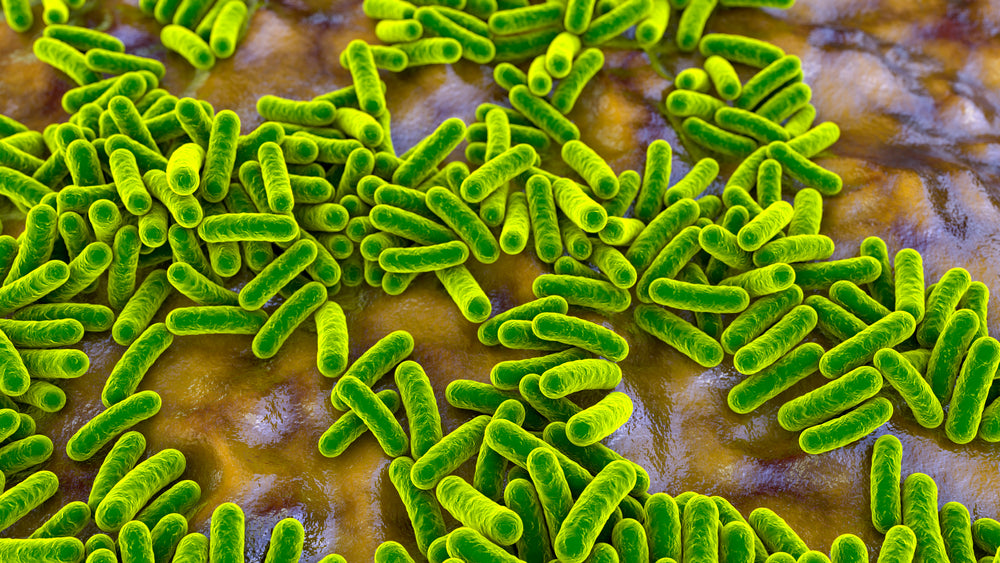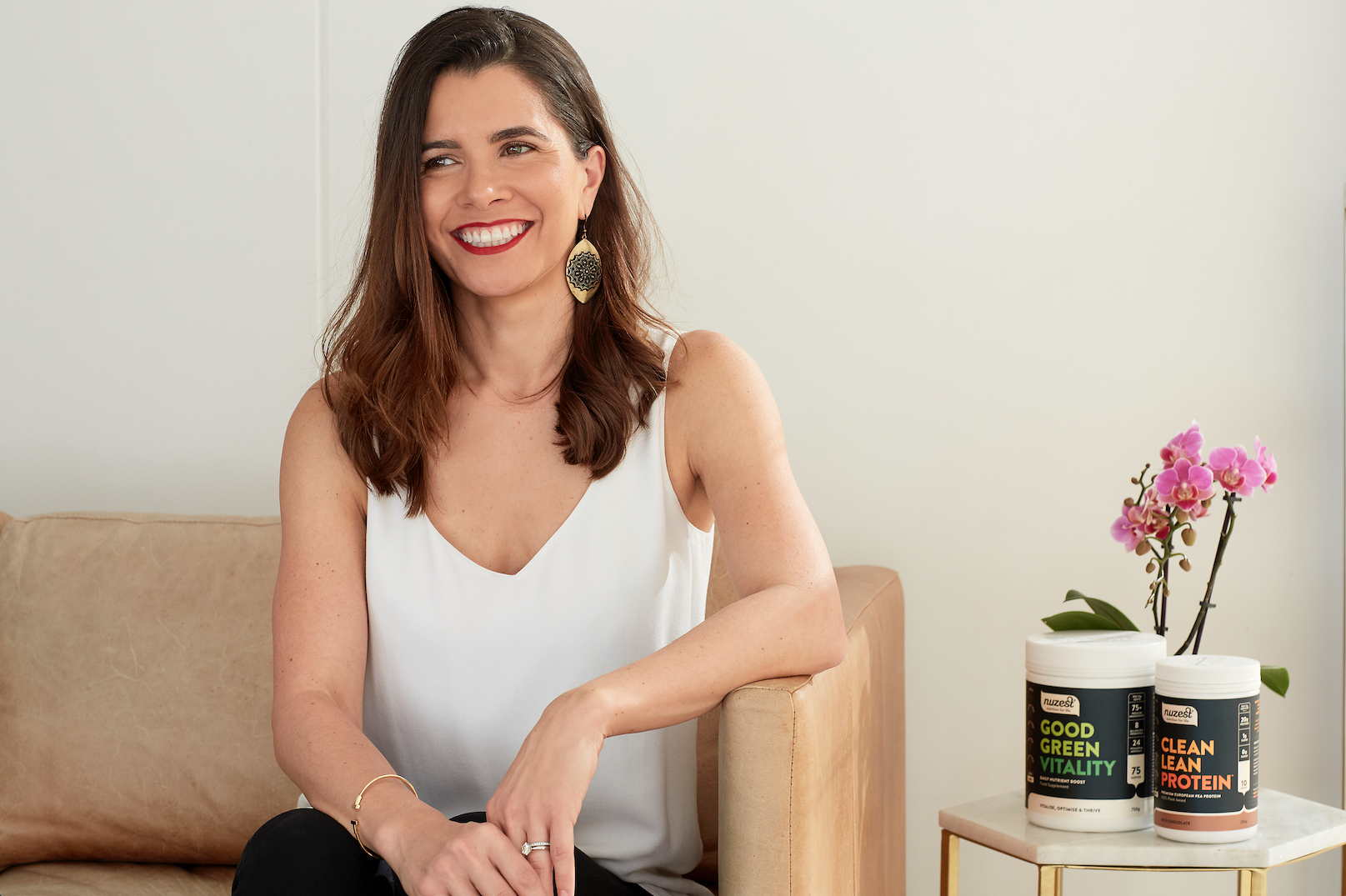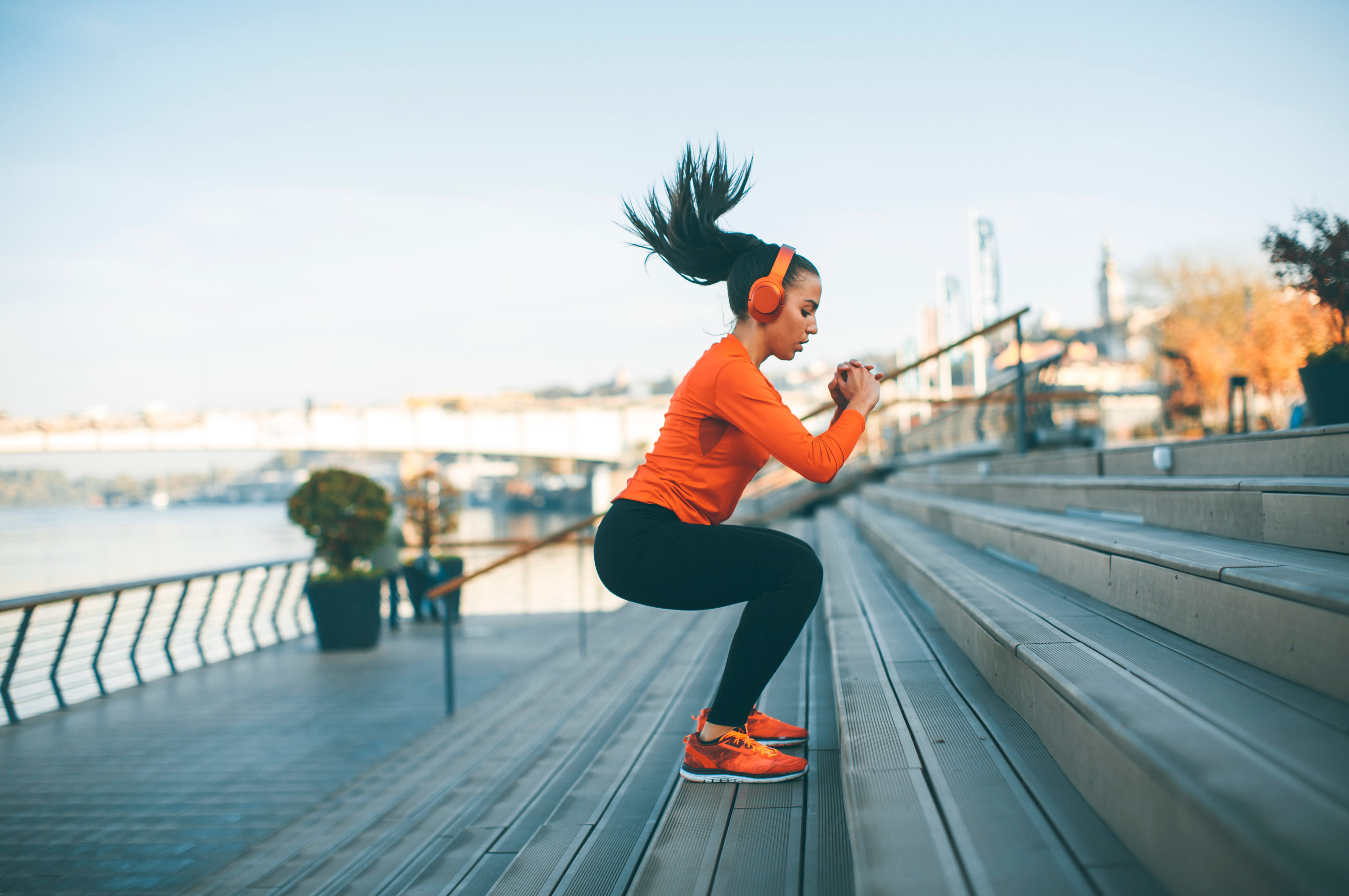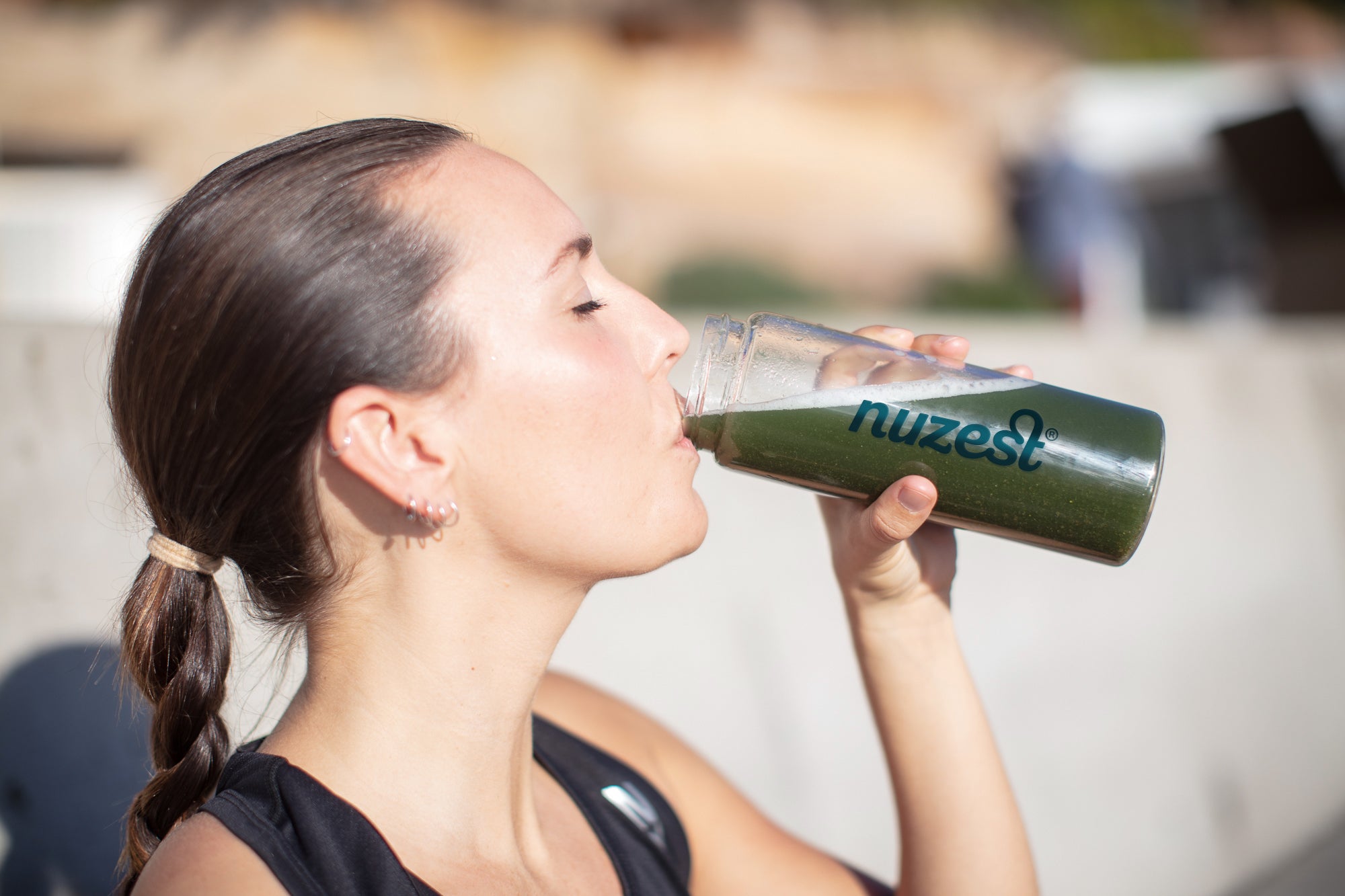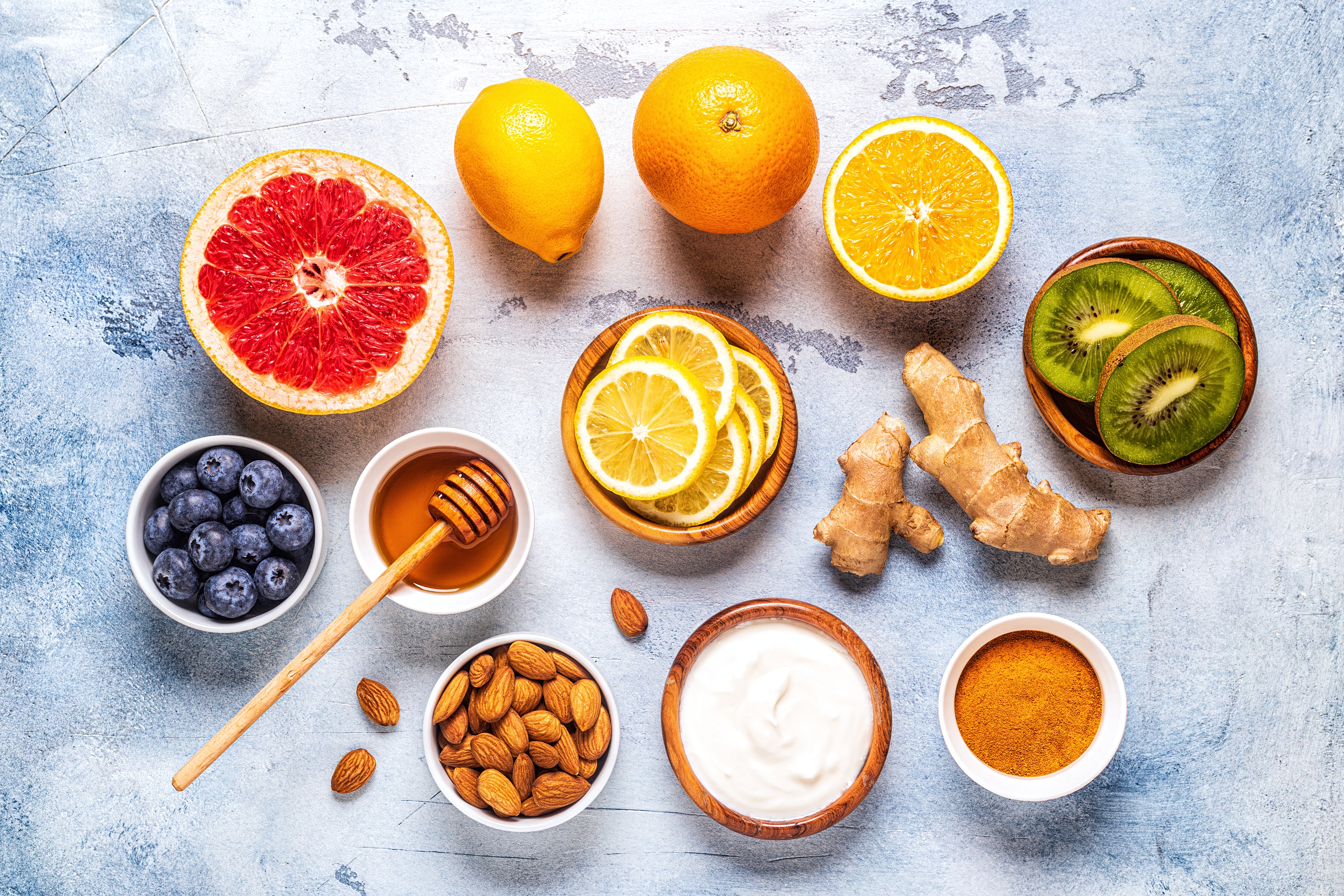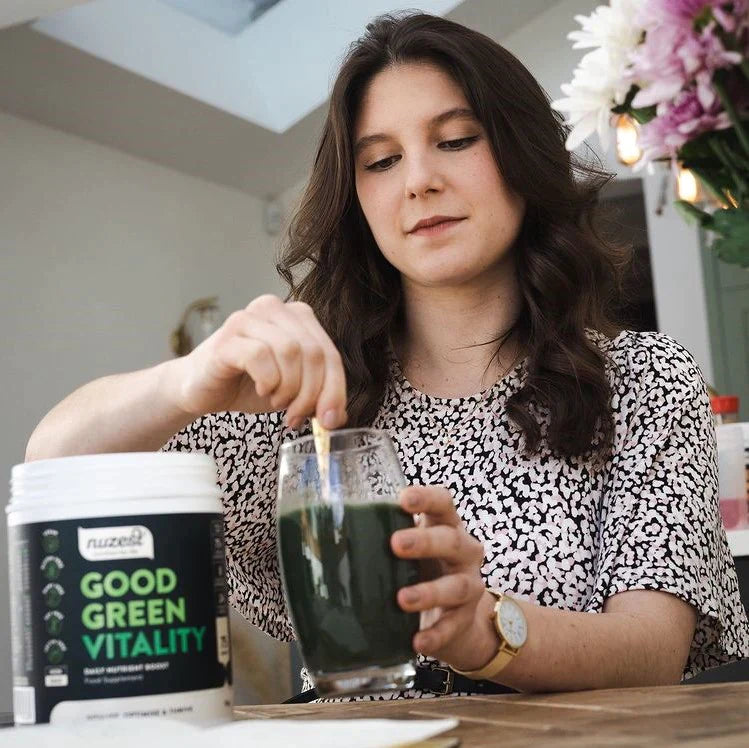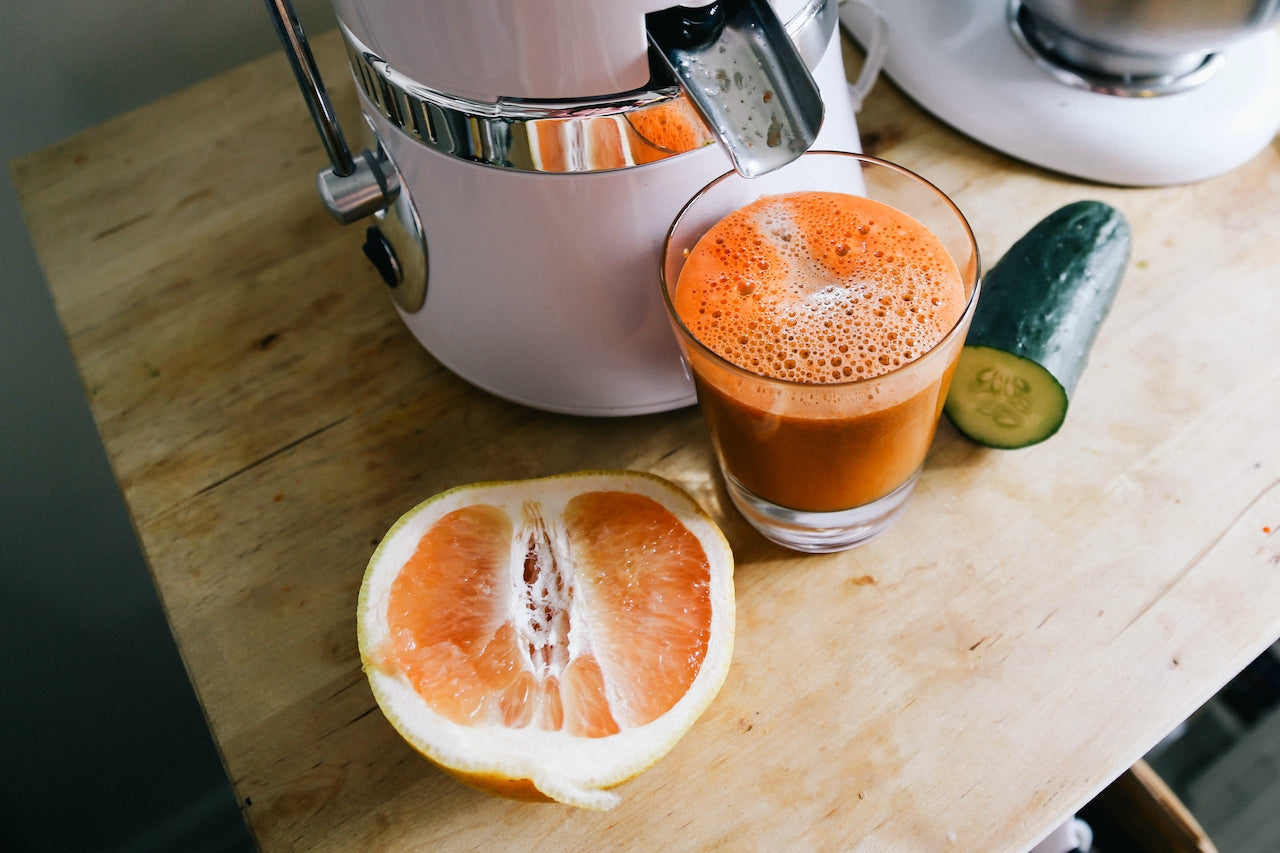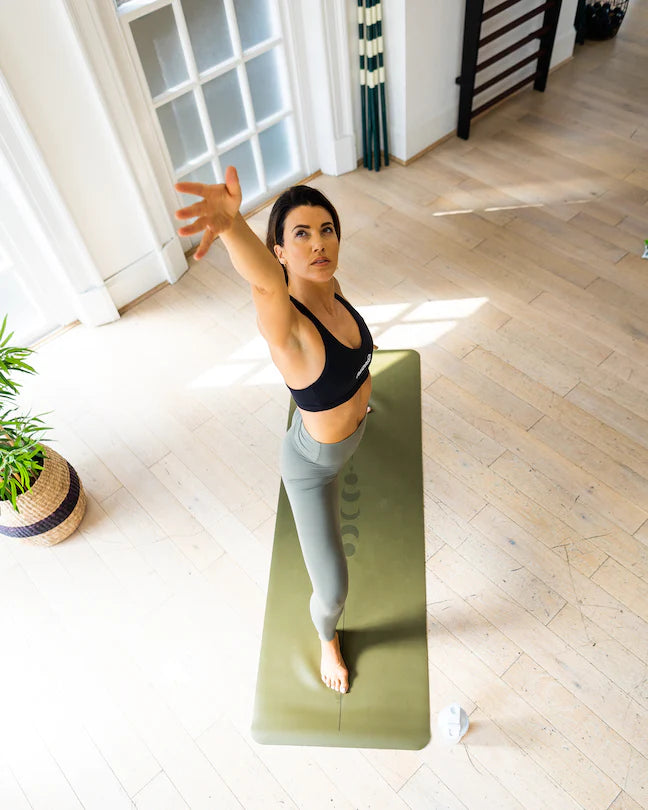In the context of women’s health, adequate nutrition plays an important role through the life stages. Throughout the lifetime of a woman, nutritional needs can vary greatly to that of men, particularly during reproductive years where hormonal changes require greater nutrient demands.
The female body is biologically developed for reproductive preparedness; from early menstruation, to pregnancy and lactation, through to menopause. Regardless, it is important that women are encouraged, supported and motivated to lead healthy lives.
In this article, I aim to systematically summarize the existing evidence, relative to a holistic perspective on women’s health to encourage long term wellness.
REPRODUCTIVE AND SEXUAL HEALTH
Nutrition and the female reproductive axis are closely linked. Healthy reproduction and fertility for women not only encompasses stages of physical well-being, but also includes the right to safe, appropriate and accurate information on sexual and reproductive health.
Besides nutrition, a number of factors also contribute to women’s fertility, such as stress, aging, environmental pollutants, caffeine, alcohol and smoking.
A woman’s reproductive life consists of greater nutritional demands during menstruation, pregnancy, breastfeeding and menopause. If a woman chooses to conceive, she is more likely to have a healthy child and successful pregnancy if she is healthy at the time of conception, so here’s how we can work to support that early on.
Nutrition and Menstruation
During the premenstrual phase, energy needs are generally higher, hence why some women have cravings in the two weeks leading up to their cycle.
The best way to support a healthy menstrual cycle is to ensure adequate nutrition. There are two major factors which are vital for healthy menstruation:
Energy Intake
A positive energy balance is essential for healthy development, menarche (periods) and regular menstruation, particularly during adolescence and puberty. Encouraging an adequate, balanced, whole food diet is the ideal way to support this stage of growth.
Examples of energy-dense, nutrient-dense foods to support healthy development may include nuts and seeds, nut butters, multigrain bread and dairy foods (milk, yogurt, cheese).
Iron
Iron-deficiency (anemia) is a prevalent condition in pre-menopausal, menstruating women across the globe, with over 20% of women experiencing this in their reproductive lives!
Some common symptoms and clinical presentations of iron deficiency may include: fatigue, irritability, dizziness, headaches and poor concentration. Many conditions can result in these signs and symptoms. If you are experiencing any of these symptoms, please consult your doctor for proper diagnosis and treatment.
The best sources of iron come from heme-sources as our body more readily absorbs these. Heme iron foods sources include lean red meats, fish and chicken.
Non-heme iron (i.e. our plant sources) can be found in foods such as fortified cereals, lentils, beans, tofu, broccoli, spinach, and multigrain bread.
HORMONAL HEALTH
For those that may not be aware, hormones are little messenger chemicals that are produced by our endocrine glands and released into our blood.
Humans have eight major endocrine glands, and each is responsible for the production of different hormones to play different roles in our body (i.e. thyroid, adrenal, growth, hunger, etc).
Women have two main sex hormones called estrogen and progesterone, both produced by our ovaries. These hormones are responsible for the development and functioning of the female reproductive system.
Estrogen is responsible for the onset of puberty, bone strength, healthy menstruation, pregnancy and cholesterol levels, and therefore fluctuates in response to these life stages.
Progesterone is mainly responsible for thickening the uterine lining (endometrium) each month to prepare for and nourish a fertilized egg.
Too much or too little of these hormones (caused by an inadequate diet, stress, or medical conditions like PCOS, endometriosis or obesity) can lead to acute health problems such as acne and constipation, or the development of more serious chronic conditions such as infertility, breast cancer, heart disease and type 2 diabetes.
So, what can we do to keep our hormones in balance?
I cannot stress enough the importance of making balanced lifestyle choices which are appropriate for your personal requirements, not anyone else’s.
- Choose nutritious fruits, vegetables, dietary fiber, whole grains, plant-based protein/dairy, and legumes.
- Find ways (or seek help) to reduce stress factors in your life.
- Limit alcohol consumption to no more than four standard drinks on one occasion; and aim to increase your number of alcohol-free days each week.
- Aim to limit excessive amounts of caffeine (from black/green tea, coffee, energy drinks and soft drinks)
If you suffer from painful, scarring acne, constipation, amenorrhoea (irregular, or no menstrual cycle), or any notable symptoms of possible hormonal imbalance, please consult your doctor for proper diagnosis and treatment.

AGING AND MENOPAUSE
Around 80% of women will experience some degree of physiological or psychological (or a combination) menopausal symptoms. This stage for mid-life women is often characterized by an onset of irregular menstrual cycles, fluctuations in mood, depression, anxiety, hot flashes and poor sleep.
Age-related physiological (bodily) changes such as appetite, energy expenditure, body adiposity (fat storage) and sleep patterns, can further add to the changed feelings and symptoms that women may experience during mid-to-late life.
Let’s acknowledge firstly, for those that may currently feel this, you are not alone! All women will experience this at some stage in their lives.
Menopausal, or post-menopausal, women should be encouraged to maintain and sustain a healthy, balanced lifestyle. Not only does this include the importance of what you are fueling your body with, but with whom you socialize, your time outdoors, maintenance of dental hygiene, physical activity and appropriate fluid intake.
Healthy Eating and Lifestyle for Older Women
- Consume regular meals throughout the day. Keep nutrition exciting by filling your plate with bright colored fruits and vegetables, different textures, and invite creativity with visual appeal to your plate. Get creative with your meals!
- Maintaining a healthy weight. Please consult your healthcare professional for adequate assistance with weight maintenance.
MENTAL HEALTH
Many women often neglect that much needed self-care when having to wear many hats during the day. In addition, facing the unique challenge of physical changes during pregnancy, childbirth, and menopause can promote additional stress.
Depression is not only stated as the most prevalent mental health condition among women but is more common among women as compared to men.
Anxiety, depression and other somatic (bodily) symptoms related affect one in three women, globally, with half of all mental illnesses shown to manifest prior to 14 years of age.
There are also certain mental conditions, including perinatal and post-natal depression which are unique to women of reproductive age.
Modern diets have seen a shift in rates of ill mental health, increased consumption of energy-dense, nutrient-poor foods, and diminished consumption of fiber. Food thus plays a key role in our mental health. Sustained healthy eating patterns have shown a significant association to lowered risk of depression.
Ultimately, healthy sustainable dietary choices are the best way to support your mental health. Whilst acknowledging the irreplaceable benefits of a whole-food, nutrient dense diet, despite our best efforts, sometimes life gets busy and we need that bit of extra support for our health.
PHYSICAL HEALTH AND PERFORMANCE
Engaging in regular physical activity can help to improve women’s physical and mental health. It has been recommended adult women incorporate 150 minutes of moderate physical activity each week.
When it comes to supporting our extra activity during the day, we want to ensure we are consuming foods that are supporting this. The types of physical activity you undertake will determine how aggressive you need to be with your approach to nutrition. However, as a general guide, there are a few key nutrients of focus.
Carbohydrates
Fueling our activity with carbohydrates is essential for endurance. Choosing foods such as porridge, sandwiches, pasta or cereal, one to two hours before a workout will help to sustain energy and endurance levels.
Fats
Fat intake slows the digestion of a meal, thus inhibiting absorption. Hence, it may be recommended for some to consume low fat meals prior to training to allow for maximum carbohydrate absorption.
Protein
Protein is a highly discussed macro when it comes to training and performance. The average person requires between 0.8g/kg – 1.2g/kg body weight, meaning if you weigh 80kg, you will require anywhere between 64g and 96g of protein per day.
For active individuals, the upper end of the spectrum is where you most likely will sit. We can best support our muscle synthesis by consuming four ‘hits’ of protein each day, with 20-40g per ‘hit’.
Soybeans and hemp are considered to have a ‘high biological value’, meaning they contain all 9 essential amino acids (our protein building blocks).
Legumes, grains, cereals, nuts and seeds are considered ‘low biological value’, which means when eaten in isolation, they do not contain all 9 essential amino acids, hence need to be consumed in variety.
For those trying to eliminate meat consumption, the thought of increasing protein sources may seem daunting. Clean Lean Protein is a plant-based protein, providing a delicious and easy way to increase your protein intake. It provides all 9 essential amino acids, with 18-21g of protein per 25g serving.
So, for all the women, I hope I have provided some food for thought. When it comes to looking after your health. Work with professionals who make you feel comfortable, choose foods that make you feel good and live to make yourself happy.
Looking for nutrition for men? Read this helpful blog post.
References
- https://www.ncbi.nlm.nih.gov/pmc/articles/PMC6568019/
- https://www.sciencedirect.com/science/article/abs/pii/S0140673618303118
- https://pubmed.ncbi.nlm.nih.gov/32139174/
- https://pubmed.ncbi.nlm.nih.gov/32139174/
- https://pubmed.ncbi.nlm.nih.gov/27087396/
- https://www.sciencedirect.com/science/article/abs/pii/S1521693416300840?via%3Dihub
- https://www.sciencedirect.com/science/article/abs/pii/S1521693416300840?via%3Dihub
- https://nutritionfoundation.org.nz/nutrition-facts/minerals/iron#:~:text=Haem%20iron%20is%20only%20found,as%20well%20by%20the%20body
- https://www.healthdirect.gov.au/oestrogen#:~:text=Oestrogen%20is%20a%20female%20sex,range%20of%20different%20medical%20conditions
- https://obgyn.onlinelibrary.wiley.com/doi/full/10.1111/aogs.12771
- https://www.healthdirect.gov.au/oestrogen#:~:text=Oestrogen%20is%20a%20female%20sex,range%20of%20different%20medical%20conditions.
- https://www.ncbi.nlm.nih.gov/pmc/articles/PMC5801702/




